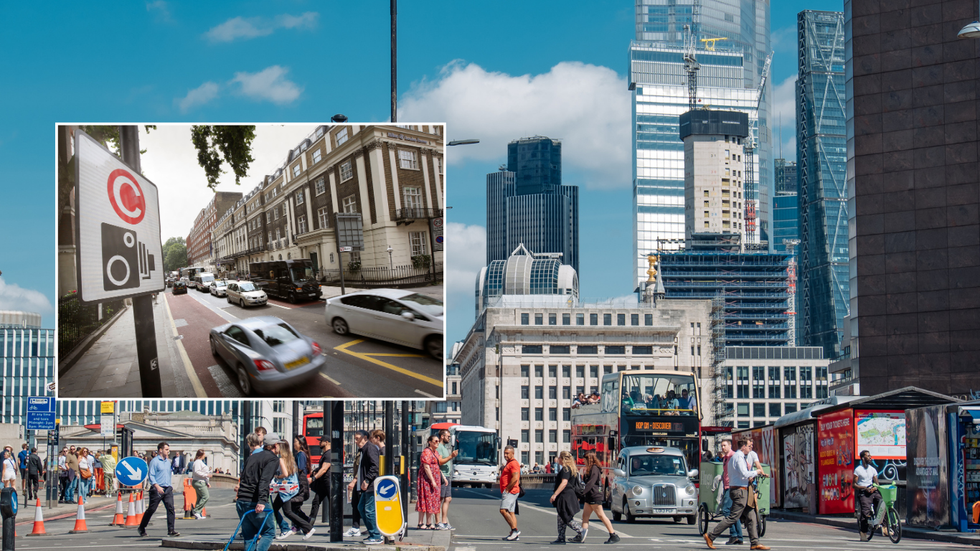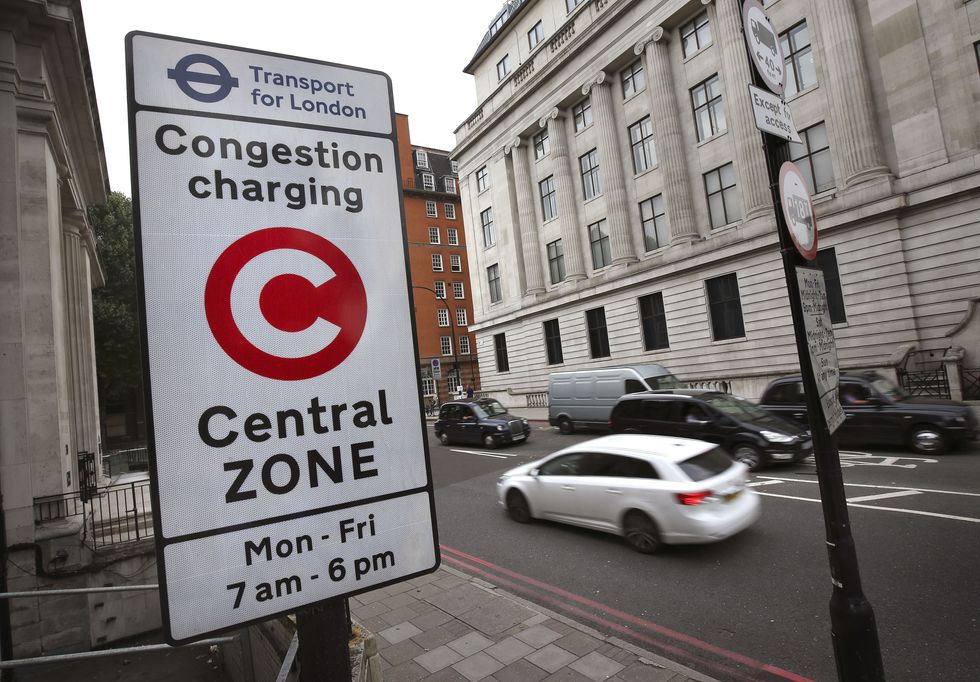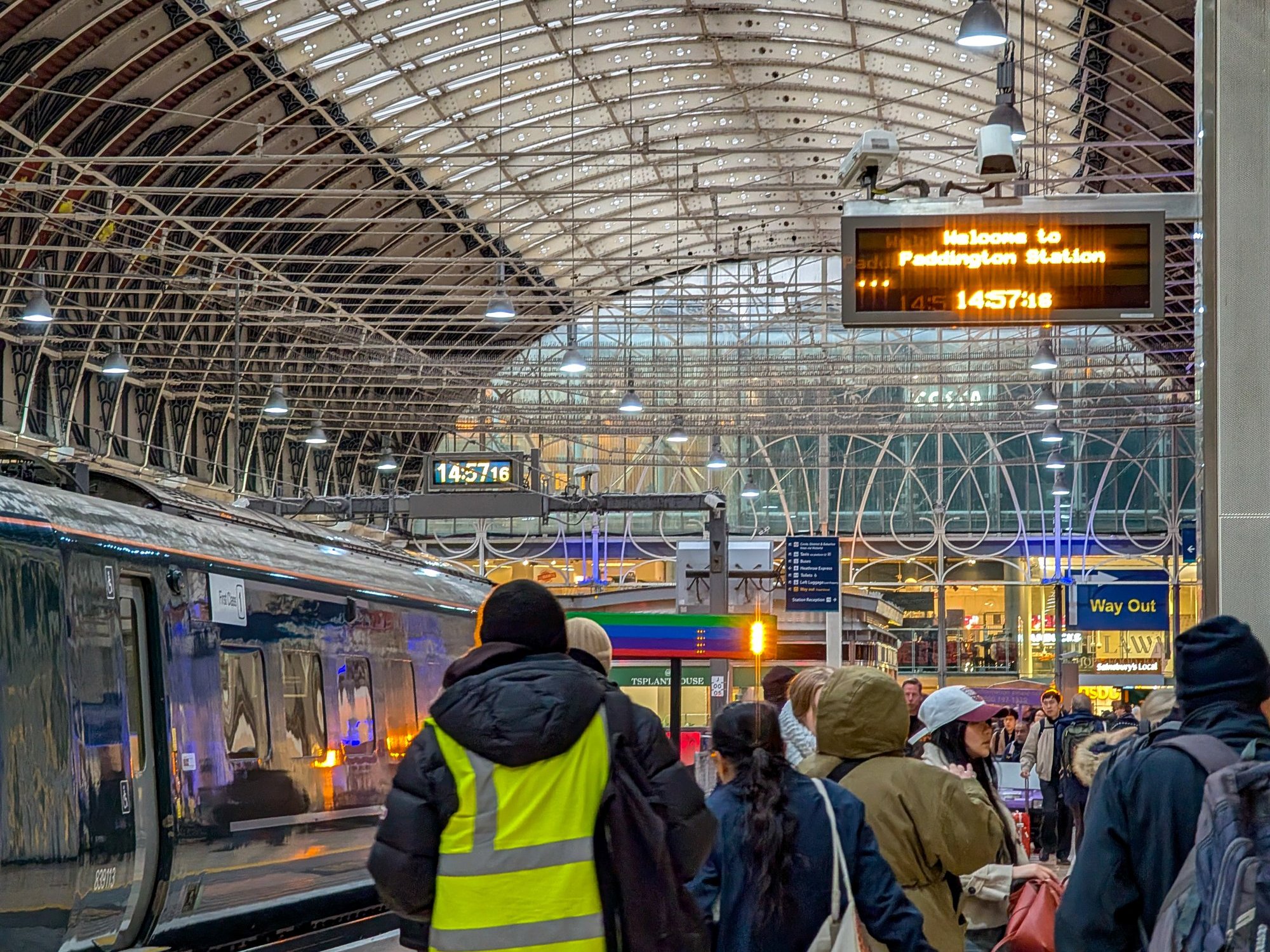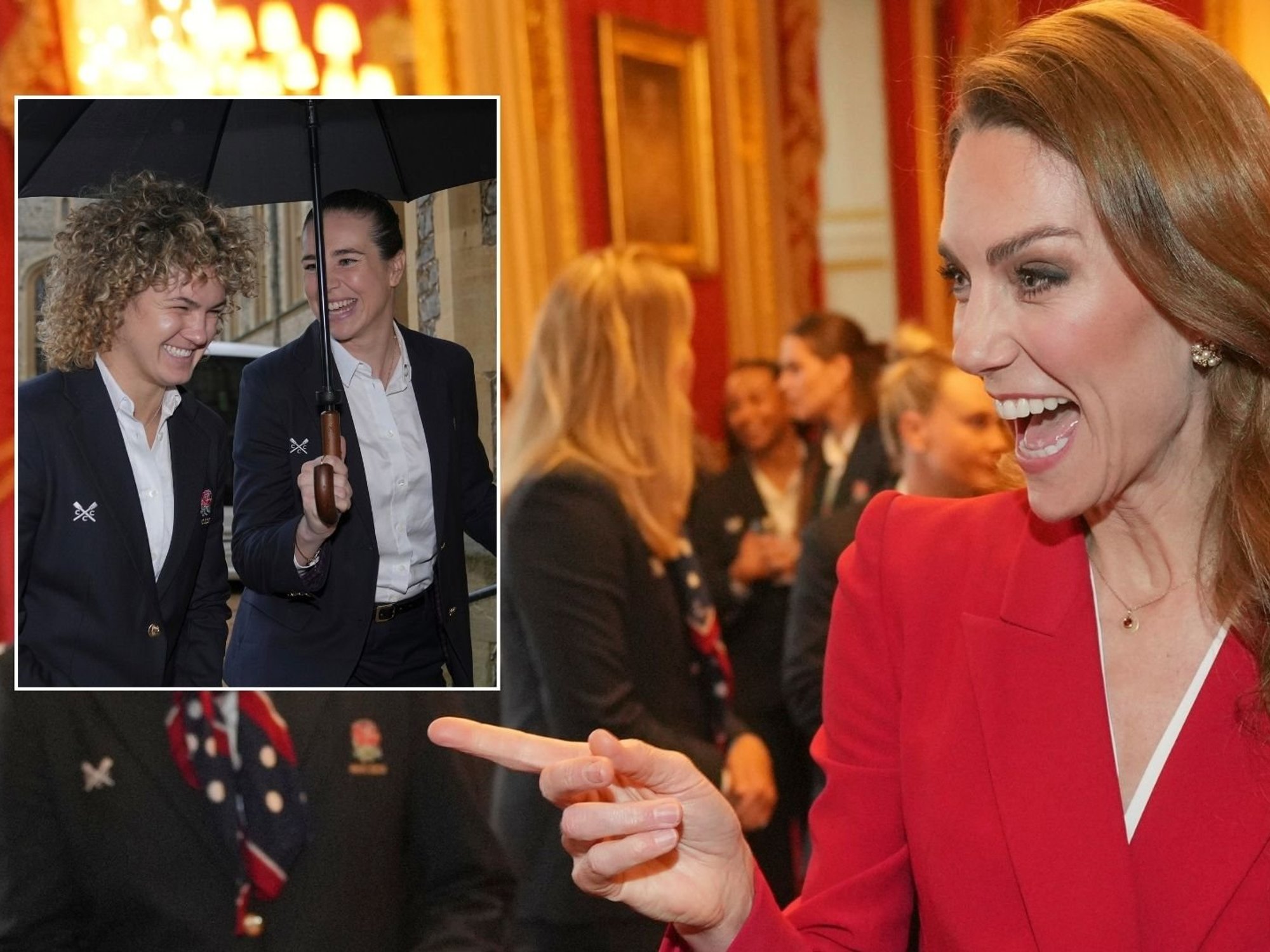Labour blasted over new road charges as drivers could return to petrol and diesel cars - 'Counterproductive'

London Assembly member Elly Baker has slammed the increases to the Congestion Charge
Don't Miss
Most Read
Labour has faced serious internal opposition to its upcoming Congestion Charge hike, which would see thousands hit with higher daily charges.
The Labour Group has criticised the planned increase in the Congestion Charge, with members warning that changes could undermine the capital's shift towards electric vehicles.
In an official consultation response, Labour's London Assembly transport spokesperson Elly Baker characterised the proposals as "counterproductive" and warned they could impact the uptake of electric cars.
The Assembly member expressed particular concern that reducing EV discounts could reverse environmental progress at a time when businesses face mounting economic pressures.
Do you have a story you'd like to share? Get in touch by emailing motoring@gbnews.uk

Changes to the Congestion Charge will see electric vehicles pay the road toll for the first time
|PA/GETTY
Ms Baker wrote: "We want vehicles to be electric and retaining the 100 per cent discount will encourage more businesses to make the switch and avoid existing small businesses considering returning to petrol or diesel vehicles on a cost basis at a time when they are facing many economic pressures."
The intervention comes as Transport for London looks to review public feedback on the controversial scheme, which would fundamentally alter how electric vehicles are charged for entering central London from the beginning of 2026.
Transport for London's consultation outlines significant modifications to the Congestion Charge, with the daily fee set to increase from £15 to £18 starting in January 2026.
The most substantial alteration involves eliminating the current full exemption for electric vehicles, replacing it with a tiered discount system.
 The Congestion Charge was increased by the London Mayor in 2016 | PA
The Congestion Charge was increased by the London Mayor in 2016 | PAElectric cars would receive only a 25 per cent reduction, requiring drivers to pay £13.50 for each journey into central London, while electric vans, HGVs and quadricycles would qualify for a 50 per cent discount, resulting in a £9 daily fee.
These discounts would diminish further by 2030, dropping to 12.5 per cent for cars and 25 per cent for commercial vehicles. TfL has estimated that the revised scheme would generate £75million in profit during its first complete financial year from April 2026 to March 2027.
The Labour Group's letter to TfL warned that essential service providers would be disproportionately affected by the proposed discount reductions. "Businesses need deliveries, as do hospitals and schools. Small businesses such as electricians and plumbers still need to enter the Congestion Charge zone to work," Ms Baker wrote.
It argued that these necessary journeys into central London would continue regardless of charging levels, making it crucial to maintain incentives for cleaner vehicles.
LATEST DEVELOPMENTS:
They advocated for vans and small to medium enterprises to retain the full cleaner vehicle discount, warning that reduced incentives could discourage businesses from transitioning to electric vehicles or prompt those who have already switched to revert to more polluting options due to cost considerations.
Car sharing services face particularly severe consequences under the proposed changes, with the London Assembly warning that increased costs could make electric car club operations financially unviable.
The Labour Group shared operators' concerns that removing the full discount would force car clubs to reduce their electric vehicle fleets, potentially leading to more privately owned and polluting vehicles on London's roads.
Private hire vehicle drivers have also expressed alarm, with July polling by Uber revealing that 51 per cent of surveyed electric vehicle drivers would consider switching back to carbon-fuelled cars when the new charging system begins.
 The new Congestion Charge rules are expected to come into force on January 2, 2026 | PA
The new Congestion Charge rules are expected to come into force on January 2, 2026 | PAAn additional 13 per cent indicated they "might leave private hire work entirely", while over 90 per cent of electric vehicle drivers opposed the proposals and stressed the current full discount remains "extremely important" to their operations.
A TfL spokesperson told GB News: "The Congestion Charge has been in place since its introduction in 2003 to manage traffic and congestion in the central one per cent of London during the busiest times of day.
"Without the changes proposed in our consultation, the charge would become less effective, with an estimated additional 2,200 vehicles in the zone on an average weekday."
The spokesperson added that the Cleaner Vehicle Discount would still be able to benefit drivers of electric vehicles.











